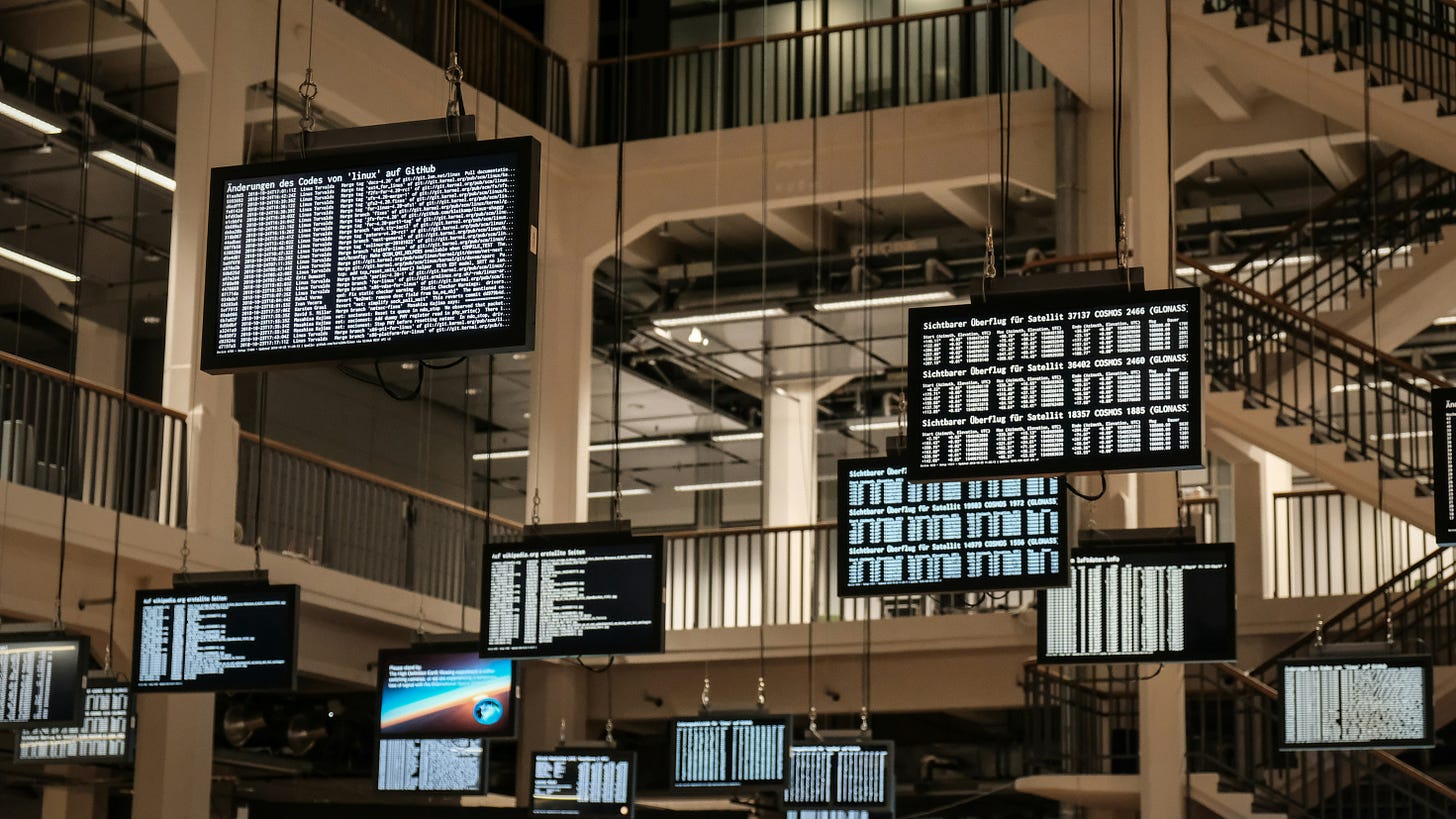Artificial Intelligence: The End of the World as We Know it?
A theological analysis of artificial intelligence
Keep reading with a 7-day free trial
Subscribe to Nathan Zekveld to keep reading this post and get 7 days of free access to the full post archives.


